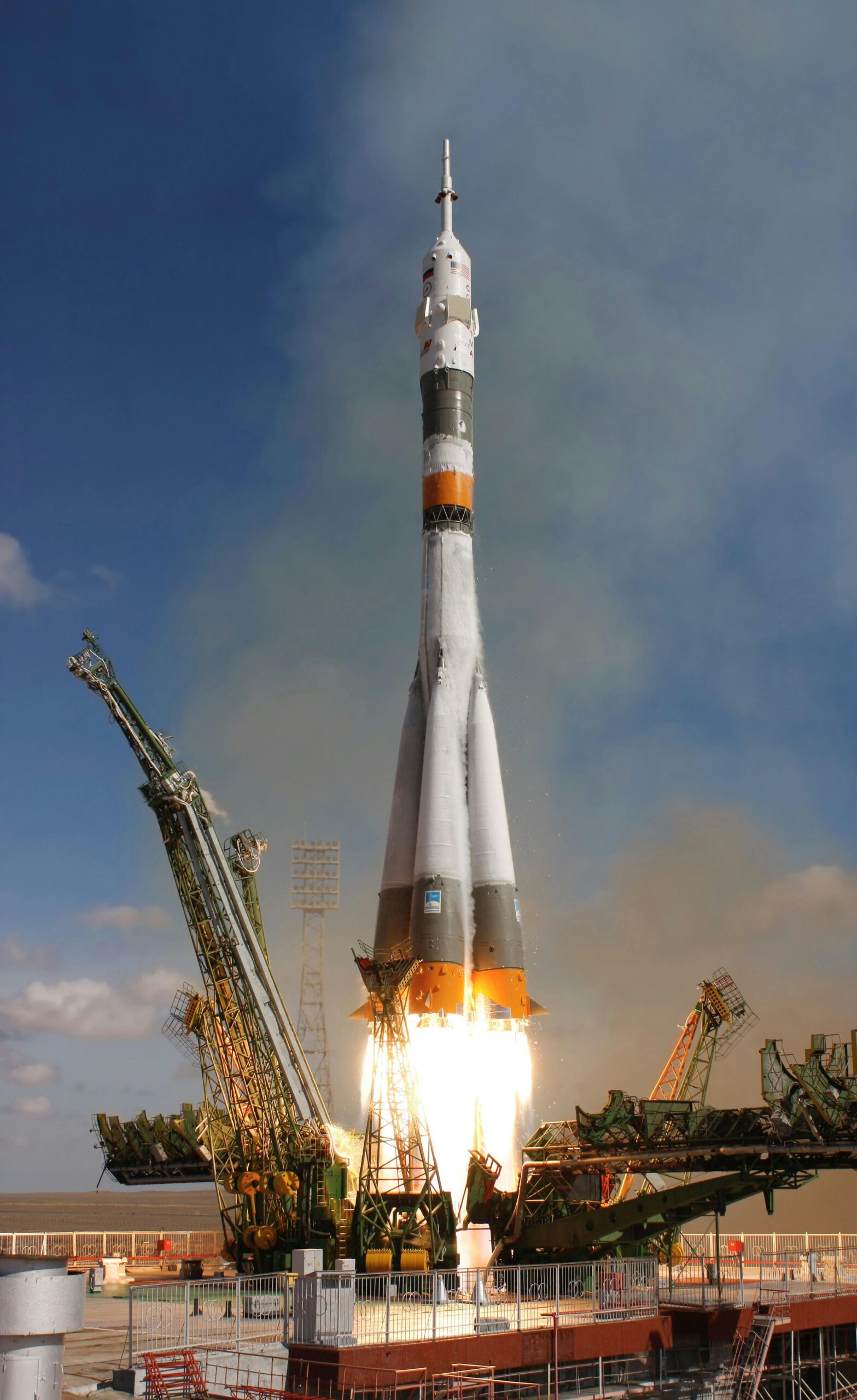What is Aerospace Engineering?
Aerospace engineering is a fascinating and dynamic field that focuses on the design, development, and testing of aircraft, spacecraft, and related systems. Often described as “the science of flight,” this branch of engineering explores everything from airplanes and helicopters to rockets, satellites, and even Mars rovers.
What Do Aerospace Engineers Do?
Aerospace engineers split their work into two main areas:
Aeronautical Engineering: Focuses on aircraft that operate within Earth’s atmosphere, such as airplanes, helicopters, and drones.
Astronautical Engineering: Centers on vehicles and systems that operate in outer space, such as satellites, space probes, and rockets.
Here are some of the tasks aerospace engineers typically work on:
Aircraft Design: Developing and improving airplanes to make them faster, safer, and more efficient.
Space Exploration: Designing spacecraft and systems for missions to the Moon, Mars, or beyond.
Satellite Technology: Creating satellites for communication, weather monitoring, and navigation.
Propulsion Systems: Developing engines and fuel systems for jets, rockets, and spacecraft.
Testing and Simulation: Running wind tunnel tests, flight simulations, and performance evaluations to ensure safety and reliability.
Research and Innovation: Exploring advanced technologies, such as hypersonic travel, reusable rockets, and sustainable aviation.
What Does the Education Look Like?
Becoming an aerospace engineer typically involves the following steps:
Earning a Bachelor’s Degree:
A 4-year bachelor’s degree in aerospace engineering or a related field is the first step. Students take courses in subjects like fluid dynamics, aerodynamics, propulsion, and structural analysis.
Optional Advanced Degrees:
Some engineers pursue master’s degrees (2-3 years) to specialize in areas like propulsion or space systems. A Ph.D. (3-6 years) is often needed for research or teaching roles.
Internships and Co-ops:
Practical experience through internships or cooperative education programs is vital. Students often work with organizations like NASA, Boeing, or SpaceX to gain real-world experience.
Licensure (Optional):
Aerospace engineers can become licensed Professional Engineers (PEs) by passing exams and gaining work experience. While not always required, licensure can open doors to leadership roles.
Prospective Job Growth and Income
The demand for aerospace engineers is expected to grow steadily, driven by advancements in technology and the ongoing exploration of space. According to the U.S. Bureau of Labor Statistics, employment for aerospace engineers is projected to grow by about 6% from 2022 to 2032, slightly faster than the average for all occupations.
The median annual salary for aerospace engineers in the U.S. was approximately $128,000 in 2023, with entry-level salaries starting around $70,000 to $80,000. Experienced engineers working on specialized projects can earn well over $150,000 annually, especially in high-demand sectors like space exploration and defense.
Skills and Traits of a Good Aerospace Engineer
To thrive in aerospace engineering, certain skills and qualities are essential:
Strong Math and Physics Skills: These are the foundation of designing and analyzing flight systems.
Problem-Solving Abilities: Engineers must tackle complex challenges, such as reducing fuel consumption or ensuring spacecraft survive harsh environments.
Attention to Detail: Precision is critical when working on safety-critical systems.
Teamwork: Aerospace projects often involve large teams of engineers, scientists, and technicians.
Curiosity and Innovation: A passion for exploring new frontiers and pushing technological boundaries is key.
Why Choose Aerospace Engineering?
If you’ve ever dreamed of flying through the skies or venturing into outer space, aerospace engineering could be the perfect career path. This field offers the chance to:
Contribute to groundbreaking missions, like sending humans to Mars.
Design the next generation of sustainable and efficient aircraft.
Work with cutting-edge technology, from reusable rockets to advanced drones.
Be part of a community that shapes the future of exploration and transportation.
Whether you’re fascinated by airplanes or inspired by the stars, aerospace engineering offers endless opportunities to innovate and make a global impact. Are you ready to take flight?



